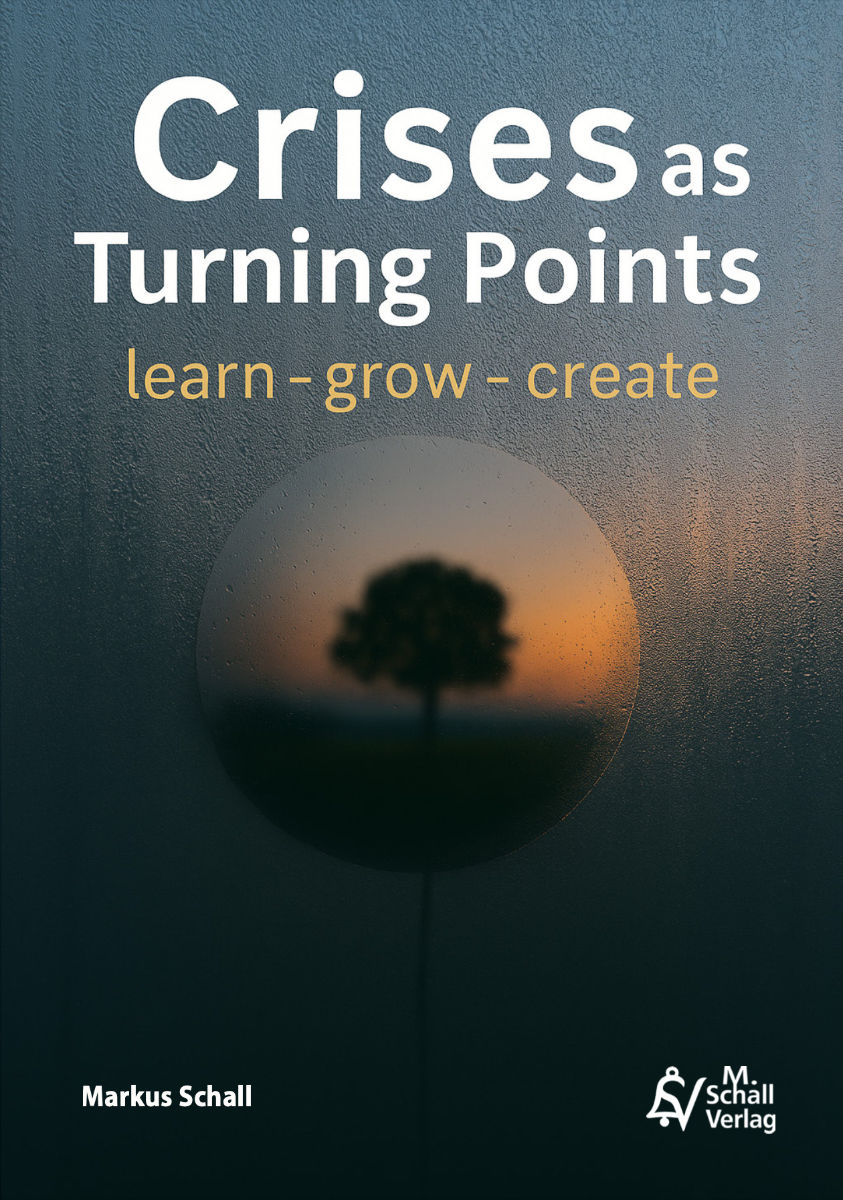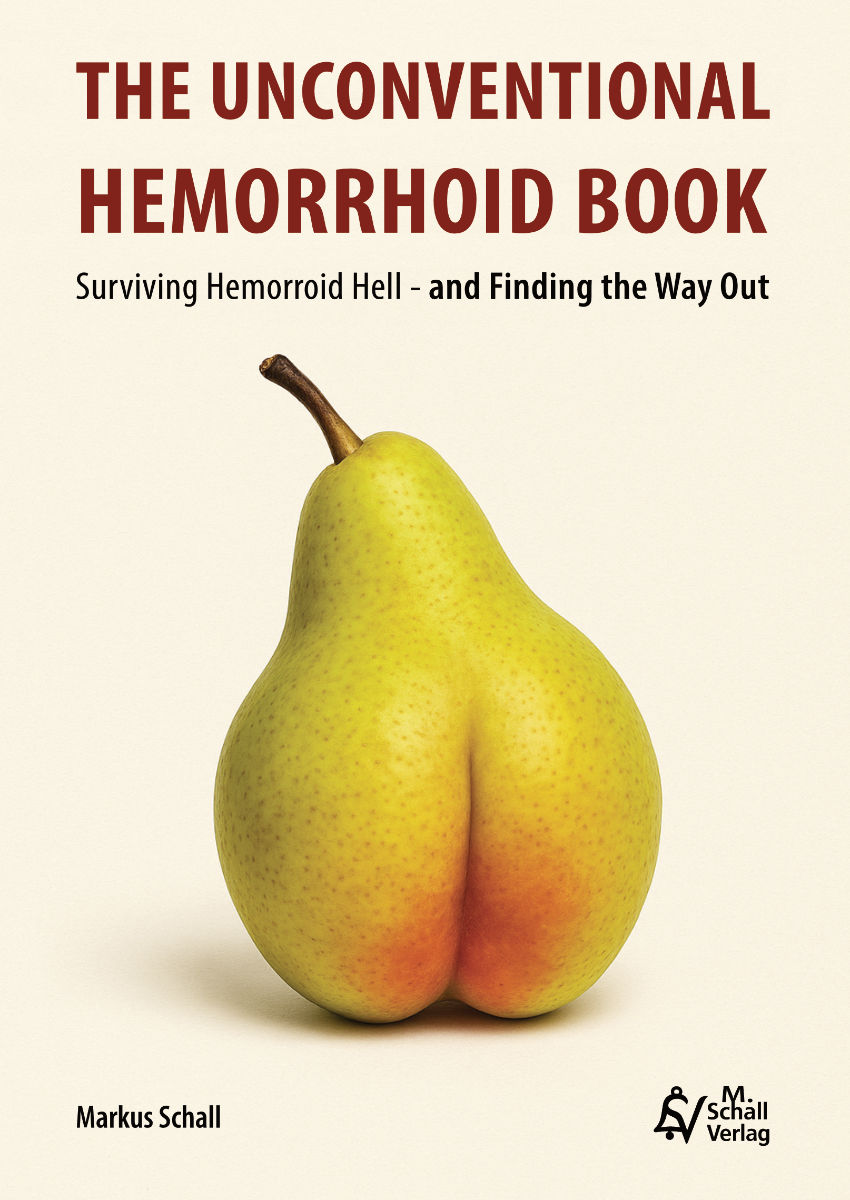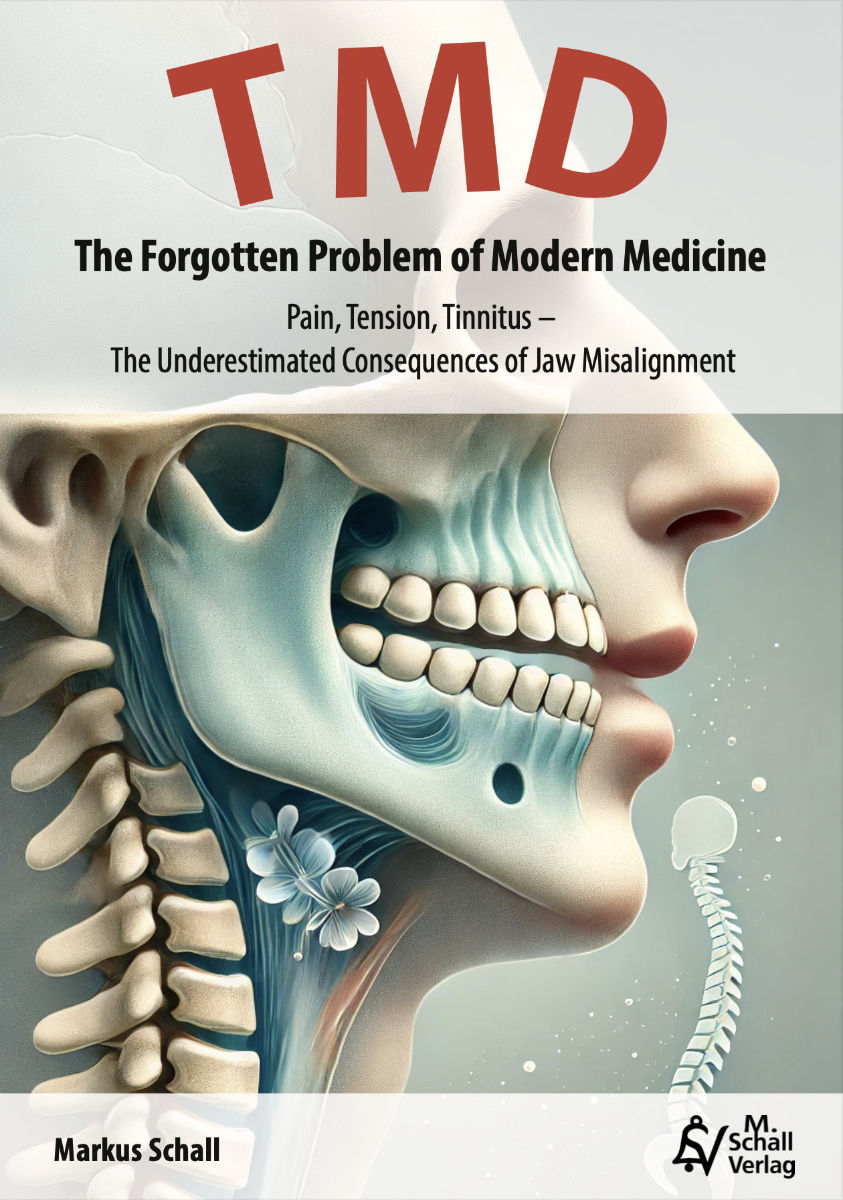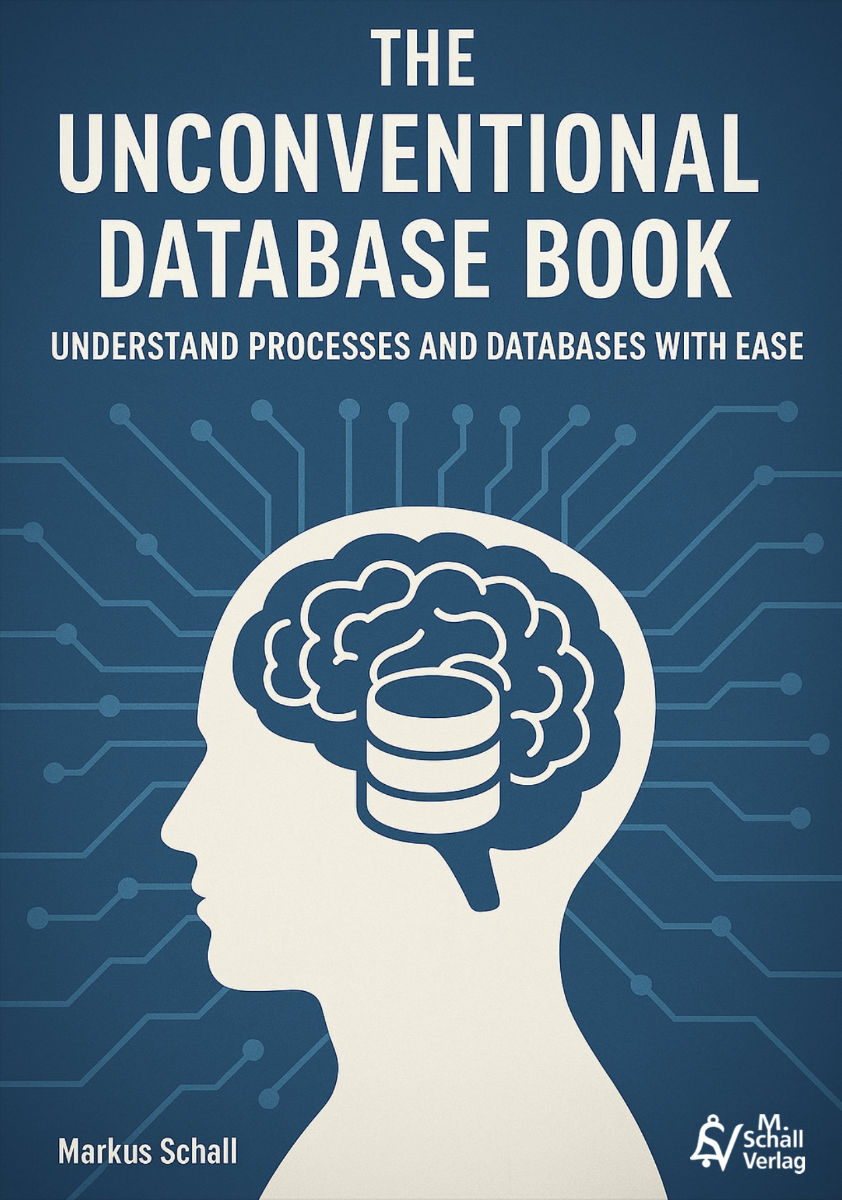Welcome to Schall Publishing
Books with substance – covering medical topics, IT/databases, and personal growth in times of crisis.
Books for people who want to take a closer look – at medical questions, technical processes, or personal challenges. Clearly written, grounded in real life, and designed to offer genuine orientation.
Available at: Amazon.de, Thalia.de, BOD Bookshop, Weltbild.de and others.

Crises as Turning Points – Learn, Grow, Shape
This book is both deeply personal and insightful—about what truly moves people in extreme situations, and how clarity can emerge from chaos. It begins by explaining the mechanisms of crisis: how they arise, what defines them, and why they often shake not only the external world but also our inner stability. With historical examples such as Frederick the Great, Helmut Schmidt, or Steve Jobs, it becomes clear how character, mindset, and timing shape how we handle crisis. The second part turns inward: to emotional disorientation, old mental patterns, and the role of inner restlessness. The key is not quick action, but the slow, steady construction of inner structure—a mindset that, in a world of constant stimulation, has radical power.
A central theme of the book is personal responsibility. Those who move out of the victim role and learn to protect their own energy gradually discover an internal compass—supported by routines, reflection, and deliberate distance, such as "freezeouts." Surprisingly, artificial intelligence plays a helpful role: as a neutral mirror and a space for deep self-reflection. Chapters on physical factors like lithium, vitamin D3, and nutrition show that clarity is not just a mental but also a biochemical matter.
This book ends not with empty encouragement but with real inspiration: specific tools, new perspectives, and the invitation to take yourself seriously again. It’s a quiet but powerful plea for a way of life led from within—beyond mainstream narratives and far from emotional noise. Crises, the book shows, are not flaws. They are tests, sources of insight—and sometimes even the beginning of a deeper life.
Learn more
The Unconventional Hemorrhoid Book
This book breaks a taboo – openly, honestly, and with practical relevance. “The Unconventional Hemorrhoid Book” is aimed at anyone suffering from symptoms, feeling dismissed, or seeking alternatives to conventional medicine. It combines personal experiences with helpful knowledge and encourages readers to find their own path.
The first part focuses on the physical level: What exactly are hemorrhoids, what symptoms occur, what treatment options exist – and why many of them offer only short-term relief. It also explains when surgery can be useful and where its limitations lie.
The second part shifts to a holistic perspective: How are diet, exercise, stress, posture, and internal tension connected? What does the jaw have to do with the pelvis – and how can CMD therapy improve hemorrhoid symptoms? The author shares insights from over ten years of experience with various methods, setbacks, and moments of realization.
A special chapter is dedicated to the use of artificial intelligence for self-reflection. Using ChatGPT examples, the book shows how modern technology can help uncover inner patterns, better understand symptoms – and approach oneself with greater mindfulness.
Written in a clear, warm, and jargon-free style, this book is not meant to be a medical textbook. It’s a companion for people ready to stop ignoring their discomfort. Because those who understand themselves better often find the path to healing.
Learn more
TMD – The Forgotten Problem of Modern Medicine
This book is a personal, eye-opening, and encouraging look at a physical disorder that is far more common than many realize—and often goes undiagnosed for years. TMD (temporomandibular dysfunction) doesn’t just affect the jaw; it can impact the entire body: from muscle tension and tinnitus to digestive issues, restlessness, or sleep disturbances.
Markus Schall takes readers along on his own three-year therapy journey—honestly, clearly, and with a deep sense for connections. He explains that TMD is not a dental problem, but a systemic issue. The book shows why there is no single solution, but rather a helpful combination of bite splints, warmth, micronutrients like magnesium and lithium, gentle movement, body awareness, and nervous system regulation.
What makes the book especially helpful is its structure: it combines solid background knowledge with practical everyday advice, points out common mistakes in treatment, and helps readers find their own path—without pressure or dogma, but with deep understanding of the body–posture–mind connection.
"TMD – The Forgotten Problem of Modern Medicine" is not a technical manual and not a spiritual guidebook, but an honest, practical book that inspires. It proves that even complex symptoms can change step by step—if you understand them, take them seriously, and start listening to your body again.
Learn more
The Unconventional Database Book
This is not your typical IT manual—and it’s not meant to be. "The Unconventional Database Book" is for anyone who seeks more structure, clarity, and reliability in daily life—whether at work, at school, at home, or in business. It shows, step by step, how to start thinking in "database structures"—that is, systemically, process-oriented, and with foresight.
The first part explores mindset: Why tables are more than Excel columns, how relationships between information are built, what makes a good field, why software often fails—and how to model simple workflows effectively. Core concepts are explained clearly, without jargon.
The second part is hands-on. The focus is on Claris FileMaker—a database platform by Apple’s Claris, known for its beginner-friendly and visual approach. A small working solution is built step by step. Alternatives like MySQL, SQLite, or no-code tools like Airtable and Notion are also introduced—along with their strengths, weaknesses, and ideal use cases.
Especially valuable: the broader perspective. It’s not just about software, but also about thinking patterns, project ideas, personal organization—and even the role of AI. One chapter shows how AI can help design databases, write SQL queries, and organize thought structures—even aiding in personal self-reflection.
This book is intentionally personal, based on real experience, full of examples, and guided by a clear principle: Technology is not the goal—clarity is. Learning to think in database patterns leads to more structure, independence—and a lighter life.
Learn more